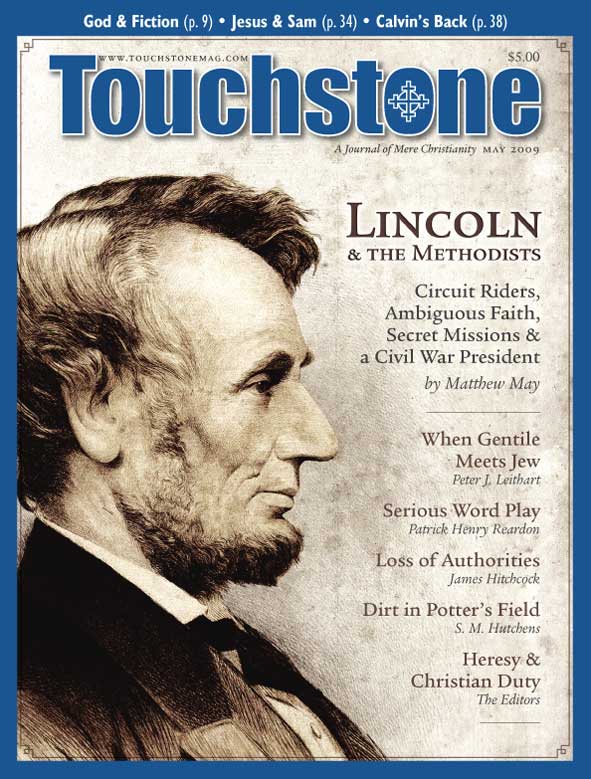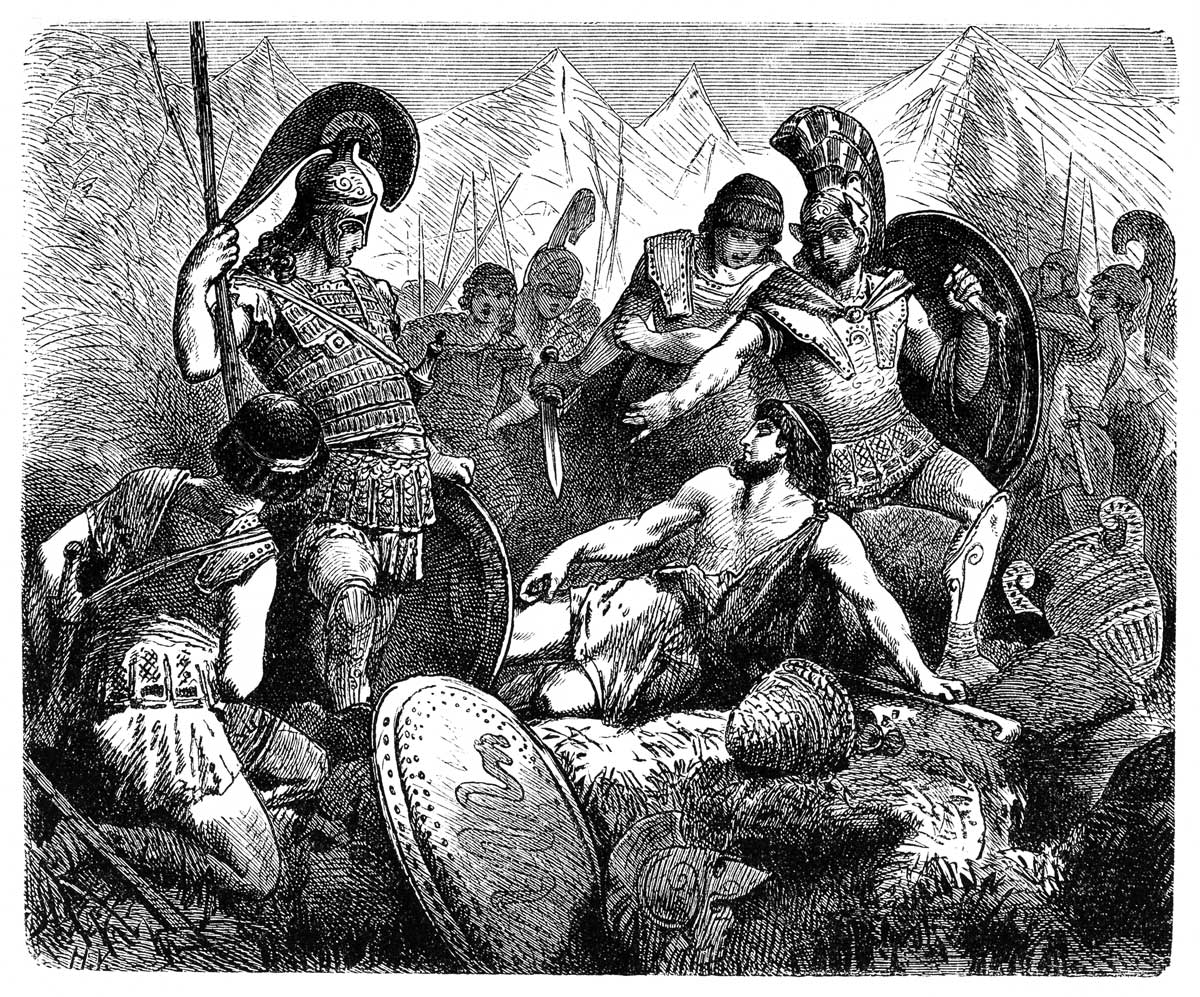Samaritan Witness
A Credible Witness: Reflections on Power, Evangelism and Race
by Brenda Salter McNeil
IVP Books, 2008
(158 pages, $13.00, paperback)
reviewed by Louis Markos
The subtitle of Brenda Salter McNeil’s book, A Credible Witness: Reflections on Power, Evangelism and Race, may scare away readers who (like myself) see in it three potential red flags. First, those who have grown weary of the politics of race and victimization will want to avoid yet another debauch in manufactured guilt and outrage. Second, those who have witnessed the corrosive effects that social justice issues can have on evangelism will want to avoid going the way of the mainline. Third, those familiar with academics who take their inspiration from -Nietzsche and Foucault, and thus argue that not only our actions but also our thoughts are controlled by discourses of power (or hegemony), will want to guard their minds from such anti-humanistic reductivism.
Thankfully, A Credible Witness does not fall into any of these theologically liberal black holes. Indeed, McNeil’s credentials as a minister, teacher, evangelist, and former InterVarsity Christian Fellowship staff worker attest to her firm commitment to spreading the good news of Jesus Christ. She yearns to see racial reconciliation in our country and around the world, but she promotes such reconciliation as a natural fruit of the gospel rather than a substitute for it.
Although McNeil, a black woman who has experienced racism and stereotyping firsthand, understands well and references occasionally the troubled history of Christian race relations over the last century, the scope of her book is not limited to American black-white dynamics. Rather, she speaks within the context of the multi-ethnic (or multi-racial) church, a growing movement, spearheaded by Evangelicals, whose goal is to form congregations that reflect the global face of Christianity.
In keeping with this multi-ethnic spirit, McNeil’s scriptural reference point is not the expected exhortation by Paul that in Christ there is neither Jew nor Gentile, slave nor free, male nor female (Gal. 3:28), but the miracle of Pentecost (Acts 2), when pilgrims from every possible cultural and racial background heard the gospel preached in their own mother tongue. And her eschatological vision, though it does not contradict Martin Luther King’s vision of a colorblind society, so expands on it that it draws in all peoples: “After this I looked and there before me was a great multitude that no one could count, from every nation, tribe, people and language, standing before the throne and in front of the Lamb” (Rev. 7:9).
A Close Encounter with “Sam”
McNeil’s thin but meaty book is organized around a close reading of Jesus’ encounter with the Samaritan woman at the well (John 4), which she uses as a model for witnessing across boundaries of race, sex, class, ethnicity, and power. Most of her readers will already know the story well and will understand the radical nature of Jesus’ choosing to interact in public with a Samaritan woman of questionable moral background. But even those who consider this story one of their favorites and who, like myself, have led frequent Bible studies on it, will gain fresh insights from McNeil’s analysis.
Through this story, McNeil draws us into the heart of Jesus’ ministry. One way she does this is to focus on the shocking fact that Jesus asks the woman for something: for a drink of water from the well. Jesus’ request is shocking not only because he risks contamination if he drinks from a Samaritan cup, but also because he, a rabbi of some power and influence, is acknowledging that there is something of value that this woman can give him. It is a good thing, writes McNeil, when a sensitive, monochromatic church opens its doors to people of a different race as a form of service to the community; but it is a far better thing when such a church shows itself willing to receive something from these “outsiders.”
Conversely, McNeil humanizes the other character in the story, the Samaritan woman, by giving her a name and referring to her frequently as “my friend Sam.” More than that, she parallels the story of “Sam” with her own story, sharing deep moments of brokenness from her past. She thus helps her readers, especially those who have not been the objects of scorn, prejudice, or manipulation, to understand what such experiences do to a person’s soul.
True Self-Worth
Louis Markos , Professor in English and Scholar in Residence at Houston Baptist University, holds the Robert H. Ray Chair in Humanities. His 19 books include Lewis Agonistes; Restoring Beauty: The Good, the True, and the Beautiful in the Writings of C. S. Lewis; On the Shoulders of Hobbits: The Road to Virtue with Tolkien and Lewis; and From A to Z to Narnia with C. S. Lewis.
bulk subscriptions
Order Touchstone subscriptions in bulk and save $10 per sub! Each subscription includes 6 issues of Touchstone plus full online access to touchstonemag.com—including archives, videos, and pdf downloads of recent issues for only $29.95 each! Great for churches or study groups.
Transactions will be processed on a secure server.
more from the online archives
calling all readers
Please Donate
"There are magazines worth reading but few worth saving . . . Touchstone is just such a magazine."
—Alice von Hildebrand
"Here we do not concede one square millimeter of territory to falsehood, folly, contemporary sentimentality, or fashion. We speak the truth, and let God be our judge. . . . Touchstone is the one committedly Christian conservative journal."
—Anthony Esolen, Touchstone senior editor











